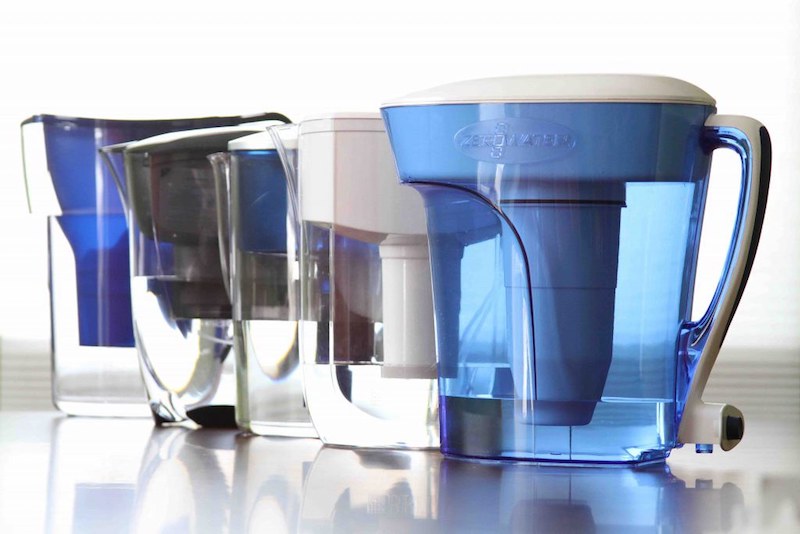We take our water for granted. Turn on the faucet, and we expect clean and usable water instantly, whether for drinking, washing, or any other purpose. In the USA, the standard of water quality is generally good. Water is taken from lakes, rivers, and reservoirs – and sometimes the source is groundwater – and is put through a treatment plant before it makes its way to our homes or other premises.
Although, as mentioned above, US drinking water is generally of very good quality – the treatment plants are effective at removing any contaminants that may have found their way into it at source – there have been many occasions in which unsafe drinking water has been discovered in many different locations across the USA. There are many reasons for this: intensive farming has led to pollutants in the ground, and many more examples of chemicals being used that were not understood have led to pollution.
Don’t be alarmed; the water coming out of your faucet right now is more than likely to be fit for drinking. But, it may also contain contaminants that – while not dangerous in the extreme – you really could do without in your water! To get to your home from the treatment plant, the water has to travel through a variety of pipes. These can be made from different materials, and in some cases, be quite an age, and debris will inevitably be picked up along the way.
What can you do to ensure your water is purified after it reaches the home? You can install a water filter, and there are many different types. Some are designed to filter all the water that comes into the home before it reaches the holding tank. These are efficient and effective, but quite expensive. Others are fitted directly to the faucet, and these can be very effective. By far the most popular type is the countertop water filter, which – as the name suggests – sits neatly on your kitchen counter, and is fed the water to filter before you use it. Let’s take a closer look at how the work, and how to choose the one that is right for you.
Why Countertop Is Best
Three of the things you often find in water that a filter will remove are chlorine – this is often put in at the treatment plant and can taint the taste of the water-sediment and radon. The latter is found naturally in the ground and enters the water supply at the source. Be aware that it will only be found in minute traces, but a countertop filter – a quality model that has the latest filtering systems – will remove it.
Sediment will be sand or grit that is carried through the pipes, and while you cannot see it, if you leave a jug of water from your faucet long enough, you will see it settle at the bottom. The filter will also remove any contaminants that are known to cause illnesses, so you are protected from those too. How does a countertop filter work? If you want to see examples of models check out https://www.eolewater.com/best-countertop-water-filters/ for in-depth reviews of the most popular ones, and more information on what each one offers.
How it Works
A countertop water filter will consist of a vessel in which the filter – a mixture of carbon and other materials designed to filter out bacteria and minute particles – is fitted. The device then connects to your faucet – they are supplied with all the fittings and fixtures you need, and it is a simple DIY job with no actual hard plumbing required – and every time you run water from the faucet, it passes through the filter as required.
The advantages go far beyond having clean water, as having your own filter means you can stop buying bottled water, and do your bit for the environment by eliminating single-use plastic bottles from your household.
The countertop water filter is the simplest and most cost-effective version among all the different types, and also the easiest to fit. These are affordable and effective devices, so why not have a closer look at the best available right now, and enjoy the peace of mind that you have the purest water possible in your home.








